In part one of our entry on Harry “The Black Panther” Wills we went into his rivalry against “The Boston Bonecrusher” Sam Langford between 1914 and 1922. This rivalry made up the title picture of the World Colored Heavyweight title. In this entry, we go into two other series of bouts and his bid for a title shot against Jack Dempsey.
Vs. Sam McVea
In his career, Harry Wills faced the talented Sam McVea three times. During the series, McVea was World Colored Heavyweight champion twice. He defeated Joe Jeanette for his first title in 1909 and Sam Langford for his second at the end of 1911.
As for their ring duels, McVea defeated Wills in the first match in December 1914. The match went 20 rounds on points and the champion at this time was Langford. In September 1915, McVea would lose to The Black Panther in a 12-round decision. During the last months of Langford’s final reign as champion, Wills would take McVea out in six rounds via knockout.
Vs. Bill Tate
From Montgomery, Alabama, the 6’6 slugger known as known as “Big” Bill Tate was three years younger than Harry Wills and had a reach advantage. He was also a World Colored Champion who managed to win a 20-round decision against Langford in 1917. He would bring Langford his fifth and final title reign a little under four months in May.
This didn’t stop him from hitting the mat in two rounds during their first encounter. The second bout also ended in KO in six rounds in July 1921. At the end of the year, he took Tate to a 12-round bout and won via points. Tate’s sole victory was a DQ win in January 1922.
Harry Wills was unable to get another victory out of Tate four days later and went to a 10-round draw.
Gunning For The World Title
Wills won a 1922 national poll to be selected as Jack Dempsey’s next opponent. There were two signings for the match but things fell through. Prior to the first signing Dempsey was on record stating he wouldn’t face Black boxers but would pull for the fight later on. In June the bout was signed but fell through because of commission issues and ticket prices.
Because the New York City commissioner wouldn’t raise the prices, the promoter of the bout shopped the match around the U.S but couldn’t find a place for the match. As a result, the match collapsed and Harry Wills sued Jack Dempsey’s camp.
Between 1922 and 1926 when the second signing took place, Wills would see a number of opportunities to get in contention but turned down fights against known Dempsey opponents. He even received a big money deal to the tune of $250,000 to face Gene Tunney which would’ve put him square against Dempsey if he won.
Perhaps to avoid the chance of losing or he actually believed he should get his shot, he turned down the Tunney offer. There was another signing for a fight in 1926 but the promoter’s check didn’t hold up and Dempsey backed out. As a result, Tunney would face Dempsey and win the World Heavyweight Title in 1926.
Retirement
The legal proceedings meant Wills was out of action for a year while chasing Dempsey. He finally returned to action but lost against Jack Sharkey by DQ. The AP account of the match painted a poor showing for Wills who was at Sharkey’s mercy for 13 rounds.
He would lose a shot at the Mexican Heavyweight title against Andres Castano via a first round DQ in September 1929. Wills managed to defeat Castano by KO at the end of 1929 and would end his career with three knockouts between 1931 and 1932.
His success in boxing transferred to success in real estate as he owned several properties in Harlem. Harry “The Black Panther” Wills would pass away in 1958. His record was 130 fights, 65 wins with 47 KOs, he lost eight matches in his career. He was inducted into the International Boxing Hall of Fame in 1992.
REFERENCE
–http://boxrec.com/en/boxer/17615
-http://www.ibhof.com/pages/about/inductees/oldtimer/wills.html

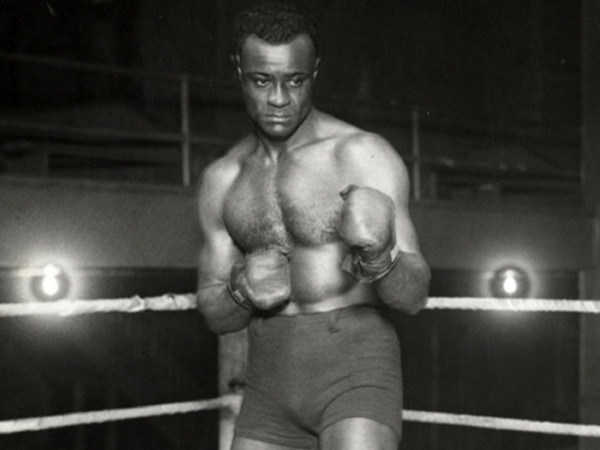





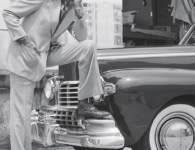
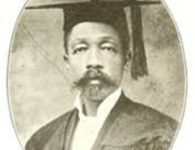
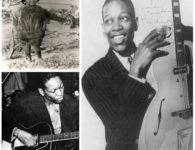

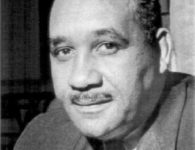
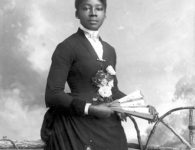

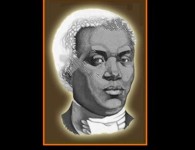
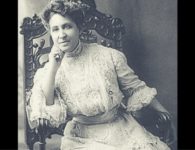
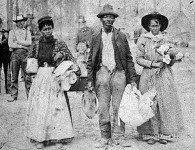
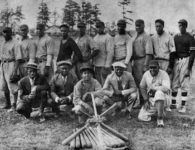


No comments